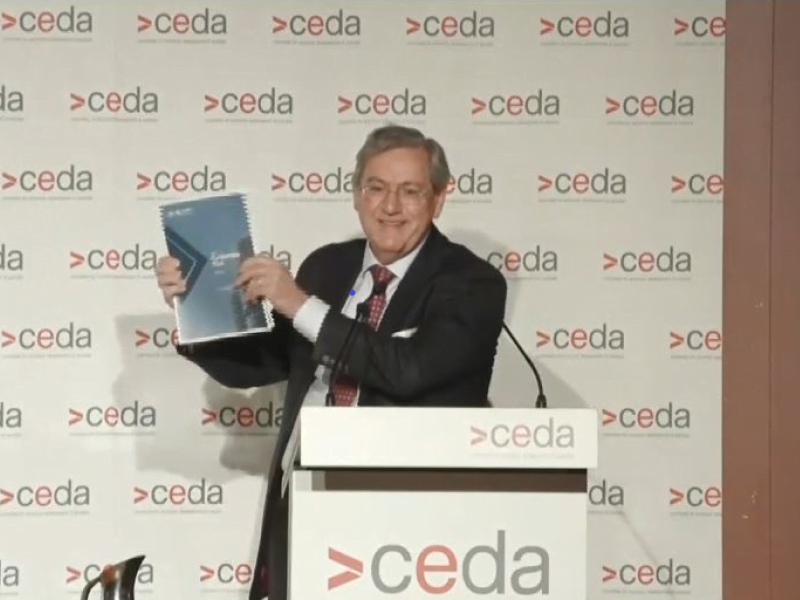The Australian Securities and Investments Commission must become a “digital savvy regulator” to tackle growing regulatory challenges including crypto assets and investment scams according to its chair Joseph Longo.
Mr Longo admits that crypto assets will be “very hard to regulate” given there are currently between 8,000 and 10,000 different crypto assets or currencies, but noted he finds the topic “endlessly fascinating”.
“Regulation is coming”, Mr Longo said. In particular, he highlighted custody arrangements as well as licensing arrangements for digital currency exchanges and other service providers in the crypto ecosystem, which the federal Treasury began consulting on under the previous Coalition government. He is confident in the crypto asset expertise developed within the regulator over the last two to three years.
The regulator is also working closely with the federal Treasury and Council of Financial Regulators. The Australian Securities and Investments Commission (ASIC) is also collaborating with international peers given “the crypto ecosystem does not observe borders” but later noted that “we’re a long way from getting a global consensus about what to do about crypto”.

He also welcomed the federal government’s announcement on Monday that its crypto regulation work would focus on consumer protection.
Throughout his speech and while answering questions from attendees, Mr Longo repeatedly asked Australians to be very careful when considering crypto investments, describing it as a “highly risky, highly volatile activity”.
“It’s not my job to be a crypto cheerleader. My job is to protect consumers and to administer the law as it is. ASIC is not against innovation, and will do whatever it can to look for lawful ways of using the underlying technology, the distributed ledger and blockchain technology. But that’s not to be conflated or confused with investing, inverted commas, in crypto assets,” Mr Longo said.
A recent ASIC survey found that crypto investments were held by 44 per cent of respondents making it the second most commonly held product type. For about a quarter of the respondents this was their only investment. The survey also found that almost 80 per cent of those invested in crypto did not consider it to be risky conduct.
Mr Longo delivered his first speech to the Committee for Economic Development of Australia on Tuesday to outline the regulator’s priorities and take questions from attendees. ASIC released its corporate plan 2022-26 on Monday.
Among the financial regulator’s eight core strategic projects are to fight scams, regulate crypto-assets, enhance breach reporting, improve cyber and operational resilience, and continuing to improve digital and data analysis capabilities across the sector.
This is underpinned by the strategic priority on “technology risks, with a focus on digitally enabled misconduct”. As the transformation of the financial ecosystem by technology and data continues to accelerate, “more than ever, robust cybersecurity and cyber resilience capabilities are critical. Virtually every participant in our economy handles data in one form or another”, Mr Longo said.
With regards to mitigating scams, Mr Longo said “it’s no use thinking scams are only for the gullible. These days, there is a scam for every person. We are all vulnerable”.
In 2021, a record $2 billion was lost by Australians to scams according to the Australian Competition and Consumer Commission. Investment scams were the largest source of losses, accounting for $701 million.
Mr Longo called on industry, other regulators, and consumers to coordinate their efforts to protect people against scams and “preserve the integrity of financial markets”.
“Our strategy is to disrupt their operations using innovative data driven approaches to drive early intervention and where possible prevent loss of consumers in the first place,” Mr Longo said.
“We have work underway with several banks to look at their scam identification and response strategies. Many banks have sophisticated scam detection systems in place already, but further improvement is needed.
“Over the last few months, we’ve met regularly with digital platforms – including Google – to discuss advertising of financial products. You may have seen Google’s recent announcement requiring advertisers wanting to promote financial products and services in Australia to demonstrate they are licensed by ASIC or are exempt from being licensed.”
Among its internally focused priorities, ASIC will expand its use of digital technology as well as data and analytics. This will be in line with the regulator’s digital strategy, which was finalised in July 2022.
Do you know more? Contact James Riley via Email.

